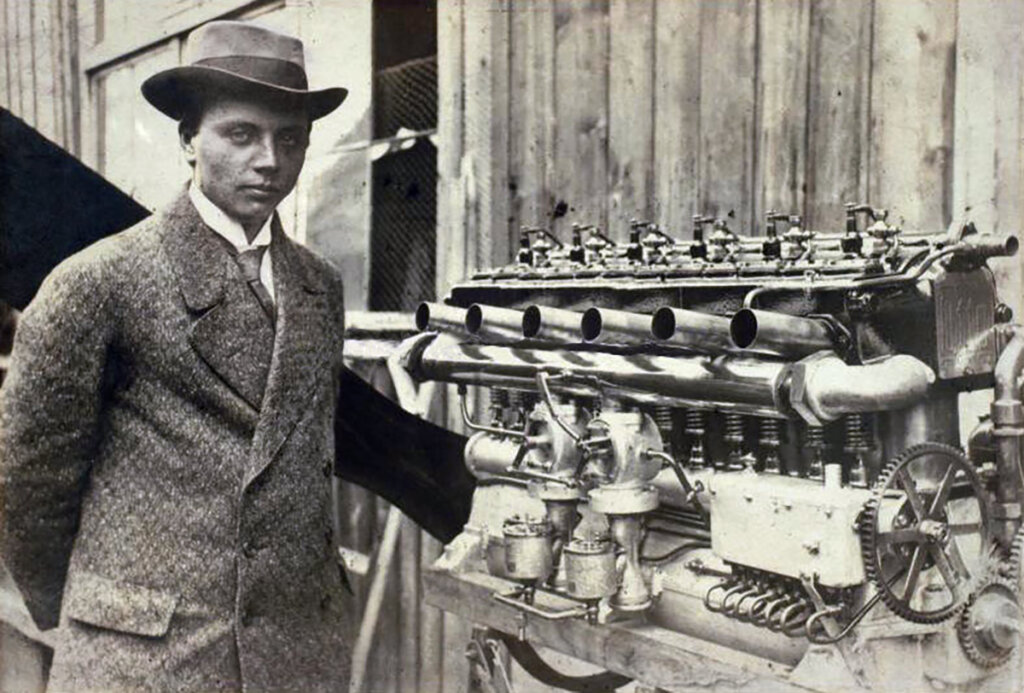
Source: Wikipedia
The automobile industry has been one of the most significant contributors to modern society’s technological advancement. It has brought about innovations that have revolutionized transportation and mobility, and one of the pioneers of the automobile industry is Gustav Otto, the founder of BMW. Gustav Otto was a visionary who devoted his life to the development of aviation and automobile technology, and his contributions to the industry continue to shape the world we live in today.
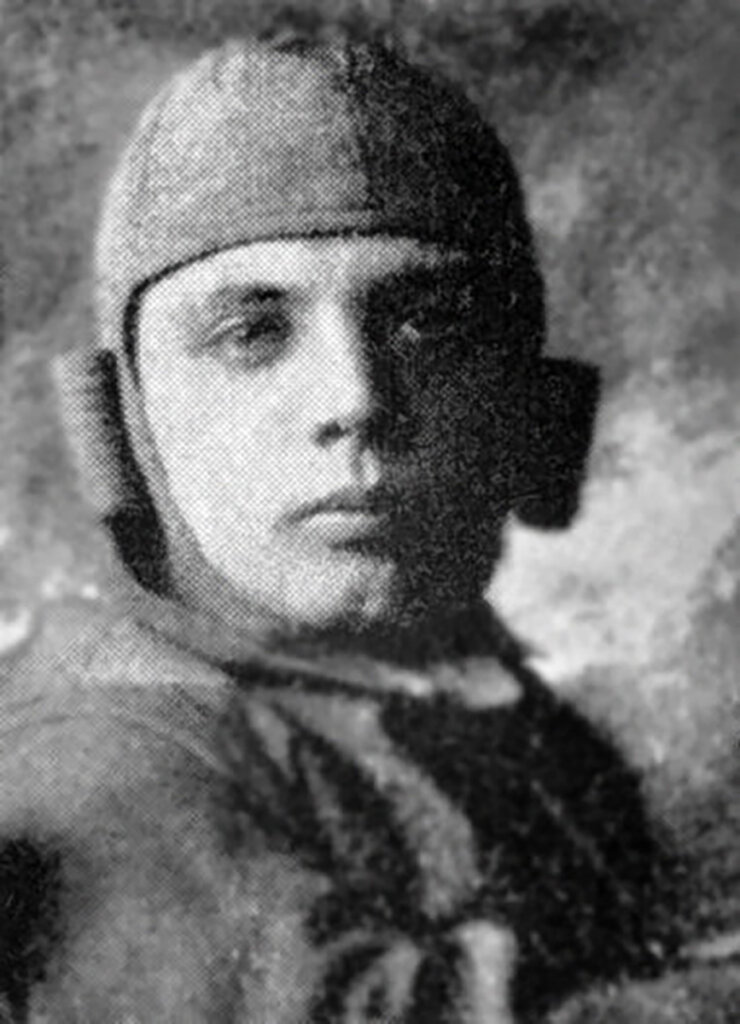
Source: Wikipedia
Gustav Otto was born on January 12, 1883, in Cologne, Germany. He was the son of Nikolaus August Otto, the inventor of the four-stroke internal combustion engine, and his wife, Anna. Gustav’s education is noted as Technical Colleges in Hanover, Karlsruhe and Munich.
In 1910, Otto obtained his pilot’s license and because of the profound impact that aviation had on Gustav, he was determined to develop his own aircraft engines. Gustav established his own company, the Gustav Otto Flugmaschinenwerke and his company quickly became one of the leading engine manufacturers in Germany, and it supplied engines for many German aircraft during World War I.
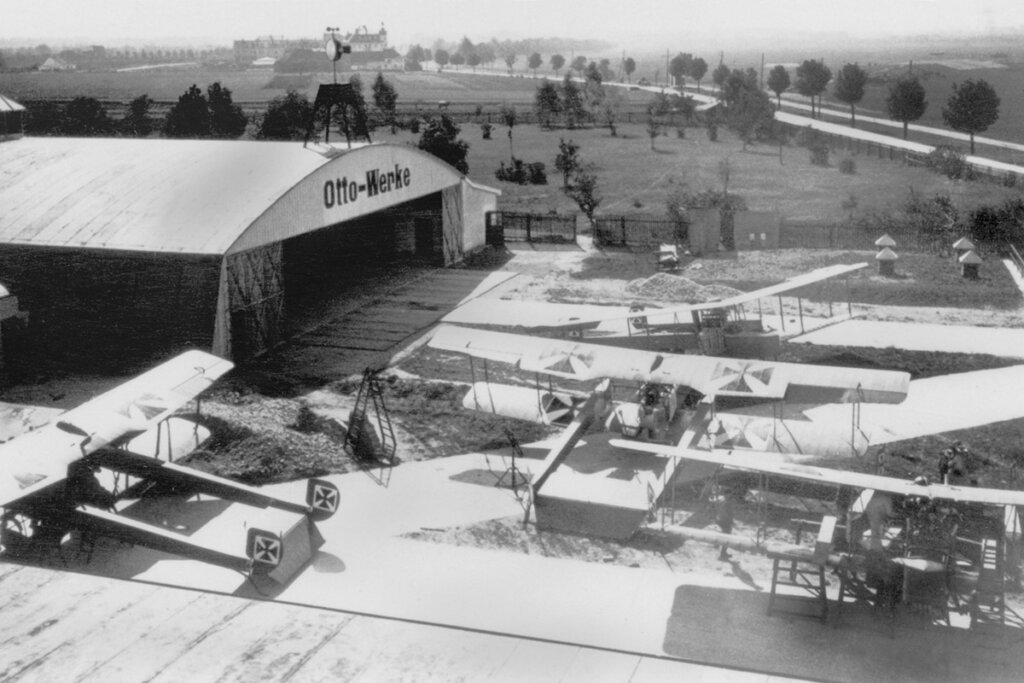
Source: BMW
In 1916, Gustav Otto founded the Bayerische Flugzeugwerke AG (Bavarian Aircraft Works), which later became BMW. The company was initially established to manufacture aircraft engines for the German military during World War I. After the end of the war, the Treaty of Versailles prohibited Germany from manufacturing aircraft, and BMW redirect its focus towards producing motorcycles and automobiles. The first BMW motorcycle was produced in 1923, the R32.


Gustav Otto’s legacy is evident in the success of BMW as a company. BMW is now one of the largest and most successful automobile manufacturers in the world, with a reputation for producing high-quality, luxury vehicles. However, Gustav’s contributions go beyond just BMW. His innovations and advancements in engine design and aerodynamics have influenced the entire automobile industry. His work has also had a significant impact on aviation technology, as his aircraft engines were some of the most advanced of their time.
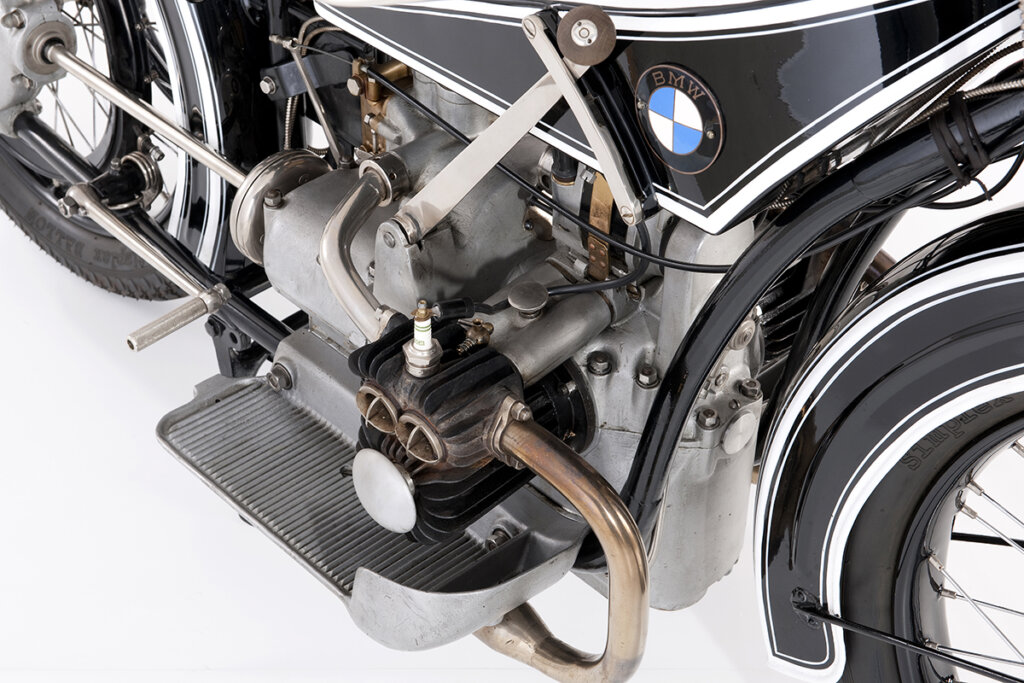
Source: BMW
Gustav Otto died in 1926, at the age of 43. His passing was a tragic loss for the engineering and automotive communities. His death is speculated to have been of his own doing, nonetheless he had played a key role in shaping the development of the automobile and aviation industries during a time of rapid technological advancement and innovation.
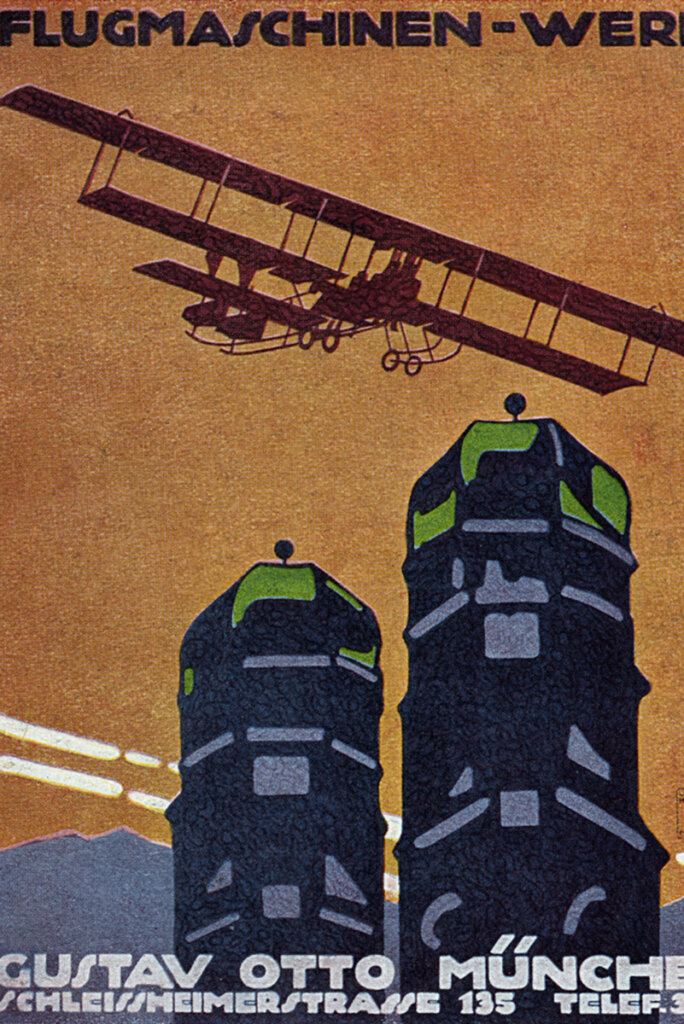
Source: MCAD Library
Gustav Otto was a visionary who dedicated his life to the development of aviation and automobile technology. His contributions to the industry have revolutionized transportation and mobility, and his innovations and advancements continue to shape the world we live in today. The BMW brand is a testament to Gustav’s legacy, and his impact on the automobile industry is immeasurable. Gustav Otto’s life and work serve as an inspiration to anyone who aspires to make a difference in the world through innovation and perseverance.

Source: BMW









